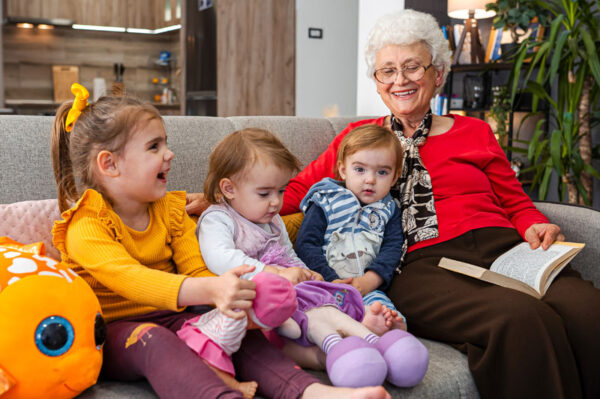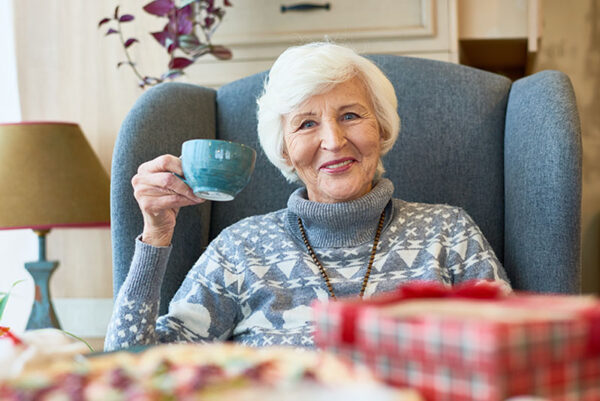How to Help a Senior Who Is Scared of Falling
As a caregiver, you may have had experiences with a senior who is scared of falling. For many people, the fear can be paralyzing, leading to a decrease in physical activity, social engagement, and overall quality of life. It’s important to address this fear head-on and empower older adults to live confidently and fearlessly. Here…










